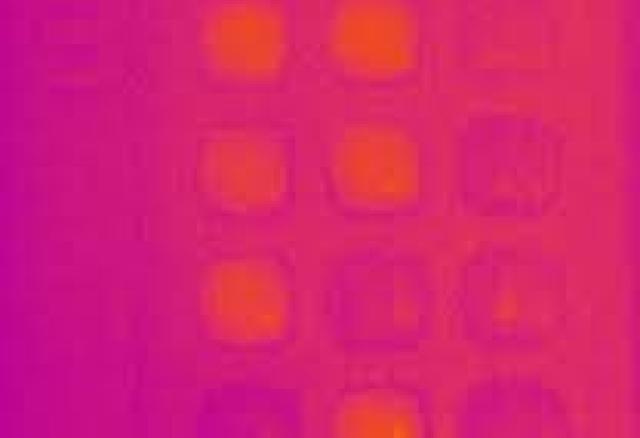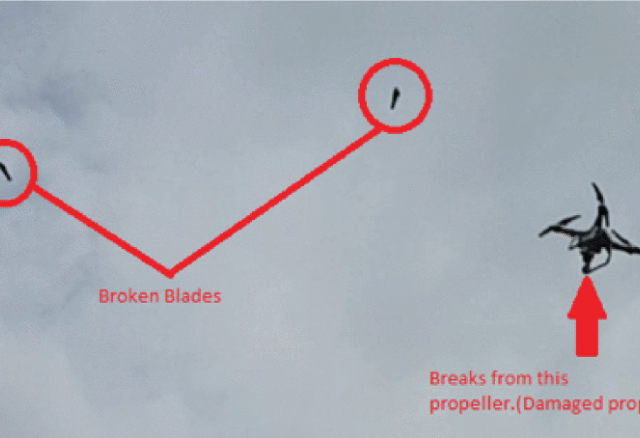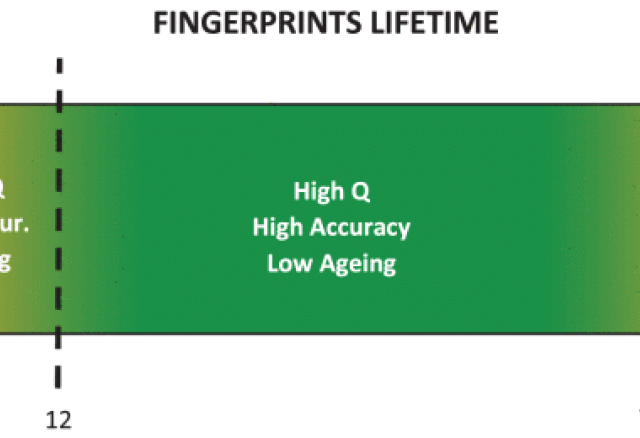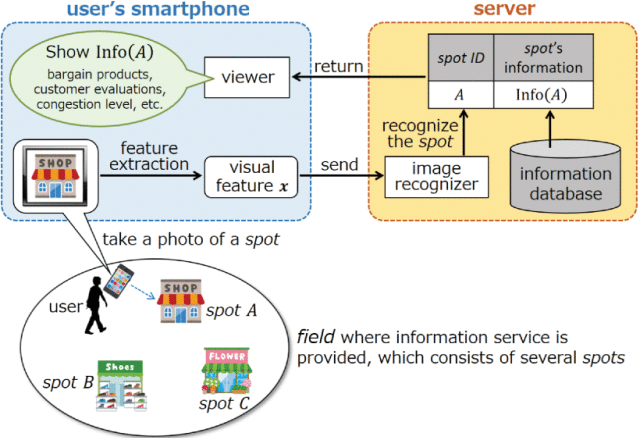Screen-Shooting Resilient Watermarking
This paper proposes a novel screen-shooting resilient watermarking scheme, which means that if the watermarked image is displayed on the screen and the screen information is captured by the camera, we can still extract the watermark message from the captured photo. To realize such demands, we analyzed the special distortions caused by the screen-shooting process, including lens distortion, light source distortion, and moiré distortion.




